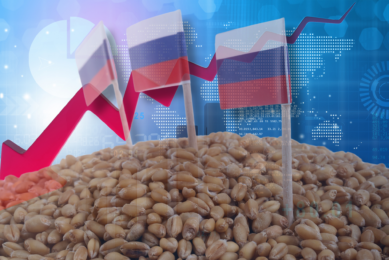Mixed feelings for new EU CAP health check
EU farm commissioner Mariann Fischer Boel has announced her plans to further reform European Union’s Common Agricultural Policy (CAP).
Major elements in the plans are increased rates of modulation, an end to
set-aside, increases in milk quota and the phasing out of more production-linked
support payments.
“We must clear away obstacles which are hindering
farmers’ responses to market signals,” she said. “We must make our support
systems more effective, efficient and simple. And we must help farms meet
various developing challenges, such as climate change.”
Common
Agricultural Policy
The CAP, a system of agricultural subsidies and
programmes, was originally set up to provide European farmers with a reasonable
standard of living, consumers with quality food at fair prices and to make sure
rural heritage is preserved.
Growing amounts of criticism about unfair
subsidies and also the growing number of countries being added to the EU zone,
made a further reform of the CAP necessary. Most of the reforms are related to
the dairy and beef industry as other sectors were reformed and decoupled during
the first round of reforms in 2003. The further loss of those direct subsidies
may affect the pork and poultry industry indirectly as it might drive producers
to go into pork or poultry production.
Criticism
First
reactions from France and Germany sounded disappointed; the German agriculture
minister Horst Seehofer has already announced not to go along with it. Seehofer
and the German farmers alike feel the subsidy cuts harm the EU policy’s
reliability.
Denmark and the UK on the other hand feel that Fischer Boel’s proposals might not be far-stretching enough.
The Danish agriculture minister Eva Kjer Hansen said she’d preferred to see a
more liberalised market and more market orientation.
Related
website:
European
Union











